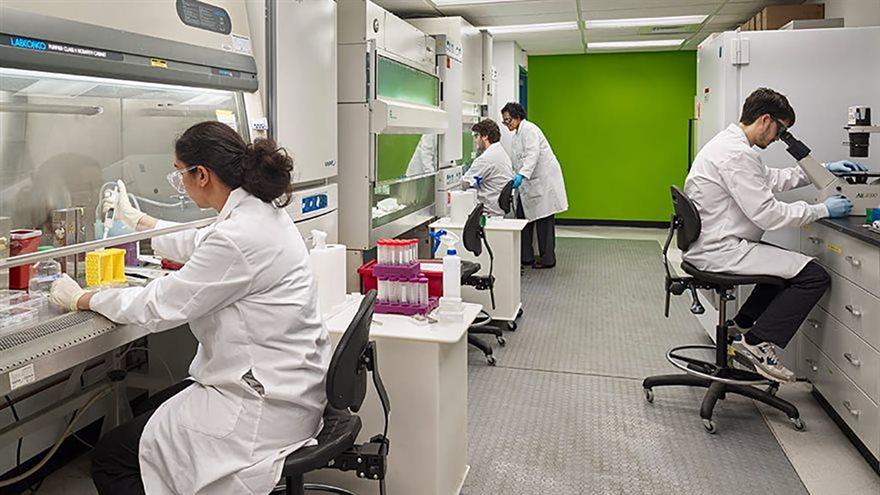In the Red

In Mumbai, the most populous city in India, the modern day tale of two cities is unfolding. Glitzy, steel and glass apartment towers are rising adjacent to some of the poorest slums in the world. It’s the wealthiest city in India, yet like other fast developing cities around the globe, Mumbai also suffers from widespread poverty, unemployment and poor public health.
Because of the tropical climate, female anopheles mosquitoes are ubiquitous, and when they bite, they don’t discriminate between the rich and poor. Unlike other metropolitan cities where improvements to public health are strongly associated with economic development, reports of new malaria infections are up 71 percent in Mumbai over the last four years, according to a survey conducted by Mumbai-based Praja Foundation.
A sharp increase in cases of drug-resistant malaria has experts like Drexel Microbiology and Immunology professor Akhil Vaidya especially worried that malaria could be making a comeback in that region.
“I visit Mumbai often, and I’ve seen people who live in apartments who are wealthy get sick and die,” Vaidya says. “It’s a real problem.”
Read more from Drexel University's award-winning research magazine, Exel.
In This Article
Drexel News is produced by
University Marketing and Communications.
